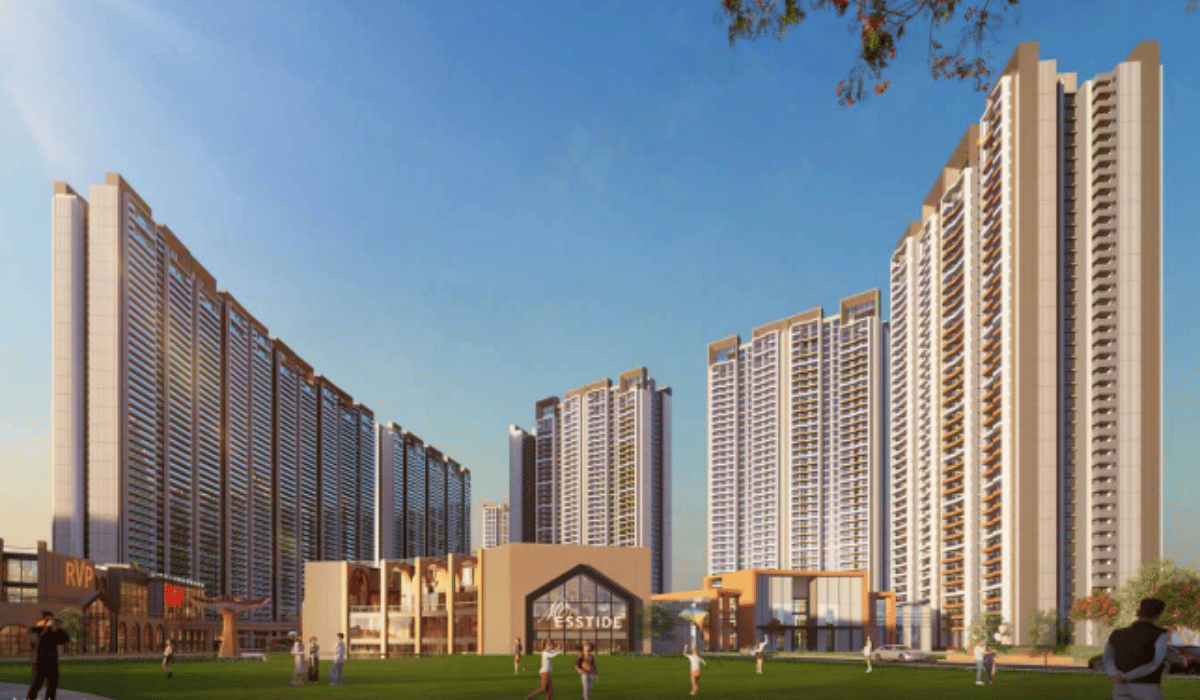Bangalore-headquartered Embassy Group, which operates WeWork and co-living brand Olive, is betting big on the sharing economy in a bid to gain market share as flexible working and living fast becomes a popular trend.
The firm has now ventured into serviced residences space. The newly launched service residences business will be under the asset-light management model in which the Embassy Group will manage the property for a percentage of operating profit and revenue. Under the Olive Residences brand, the firm plans to launch 100 buildings by the end of 2021.
“The last nine months have been tough for the sharing economy but as we come out of the pandemic, working and living flexible will become part of life. Further partial work from home and office model will give a boost to the co-living and co-working business,” said Aditya Virwani, COO, Embassy Group.
Olive Residences will take up residential buildings and hotels under a management agreement in central locations of metro cities to expand the portfolio. “We will first scale-up in Bengaluru and venture into other cities like Chennai, Hyderabad, Pune, and Gurugram,” said Kahraman Yigit, Co-Founder and CEO, Olive by Embassy.
Earlier this year, the Embassy group launched Olive by Embassy, a co-living, or shared residence business, with an eye on a large number of the young working population in top cities. The company plans to roll out 10,000 beds under its co-living residential offering Olive.
“This asset-light business model allows us to maximize returns for building owners by 30-40% higher than other operators. Olive Residences will offer integrated solutions to the building owners by facilitating third party financing.
Separately, the firm is focussing on turning the flexible office business under WeWork profitable. WeWork India, which had earlier planned to increase the number of desks to 90,000 by the end of 2020, said the focus is now on profitability rather than growing in the number of seats.
The growing alternative real estate asset classes co-living and co-working segments are set to further increase their footprint with a shift in perception amongst millennials to ‘sharing’ instead of ‘owning’ properties.
Discover more from Biltrax Media, A Biltrax Group venture
Subscribe to get the latest posts sent to your email.




















